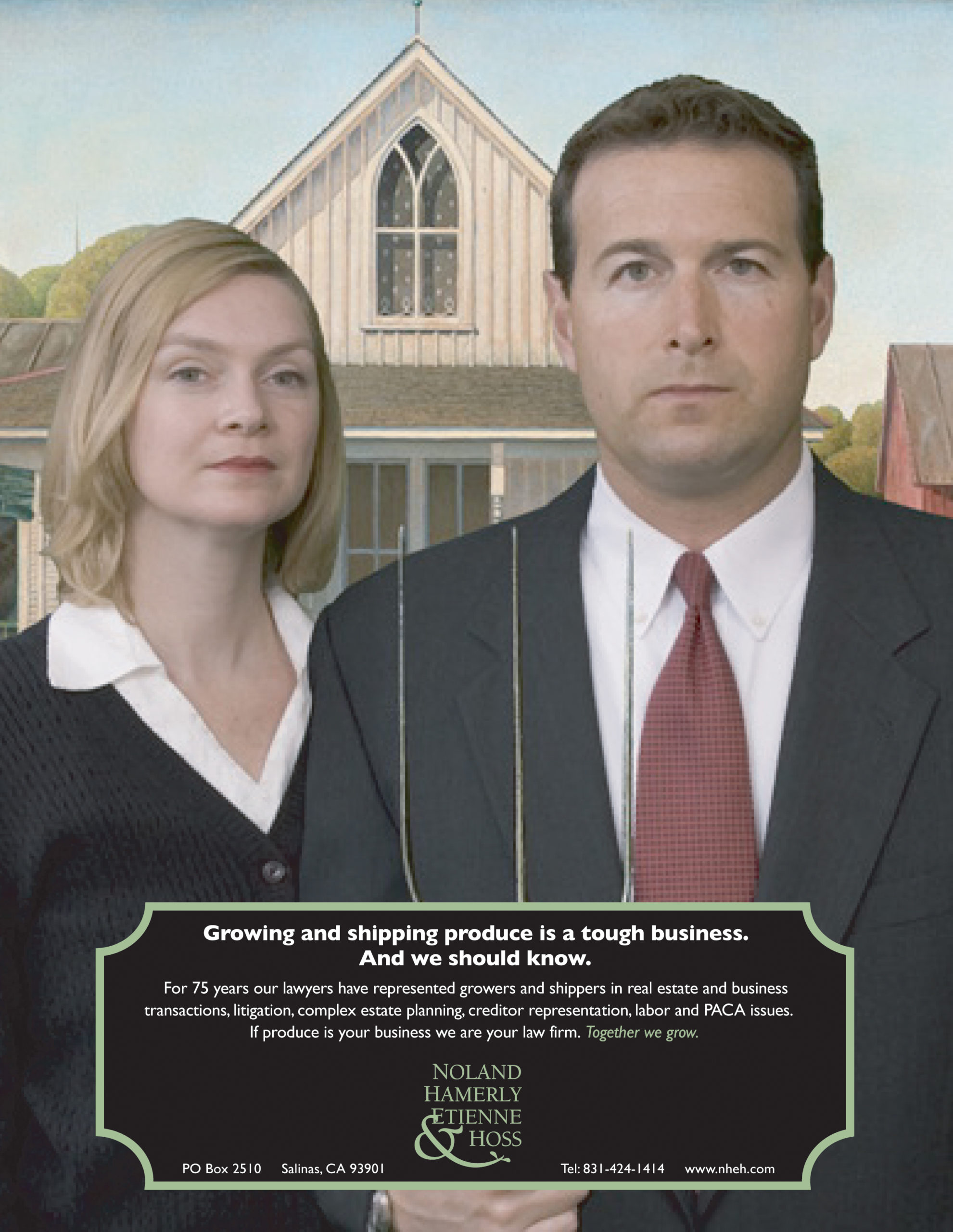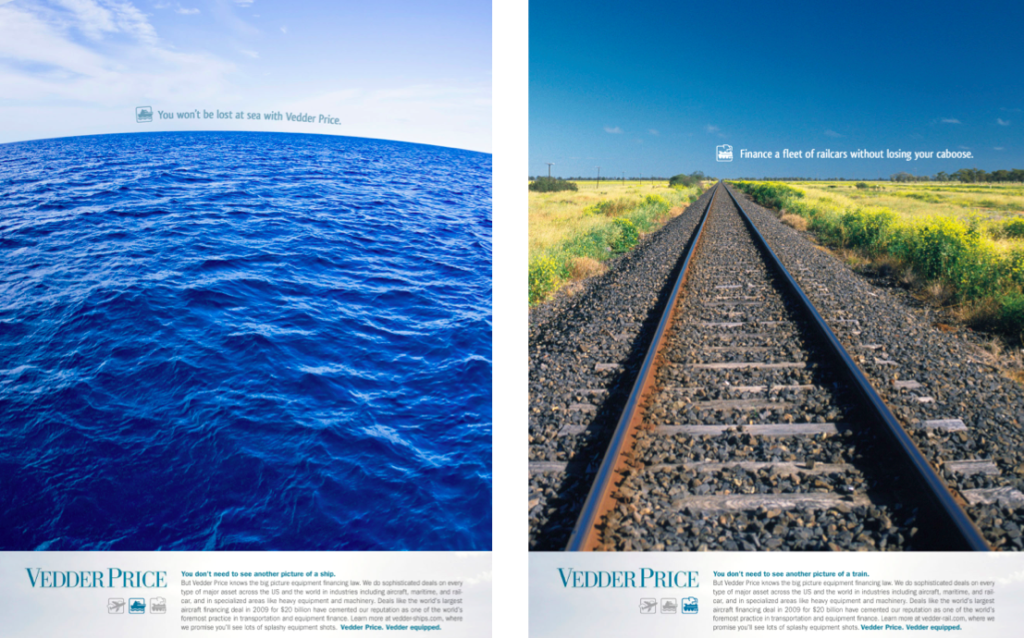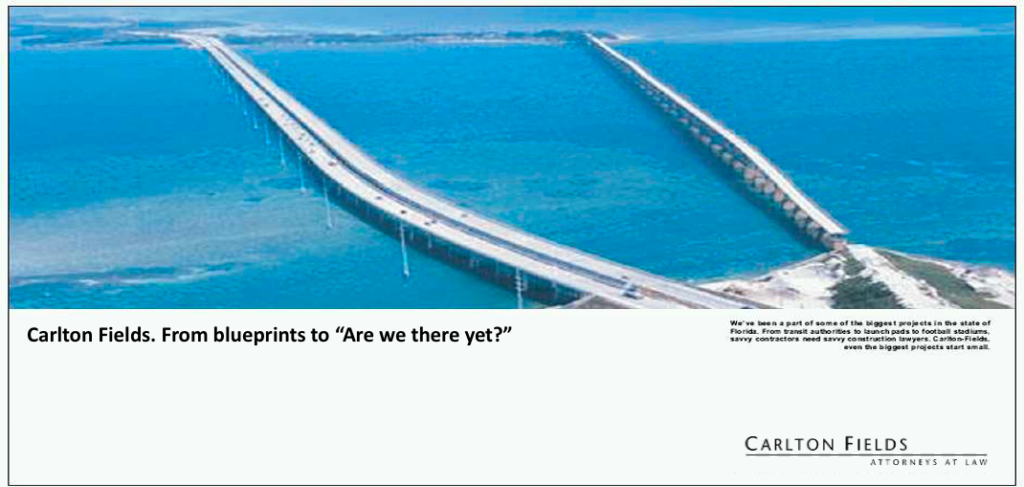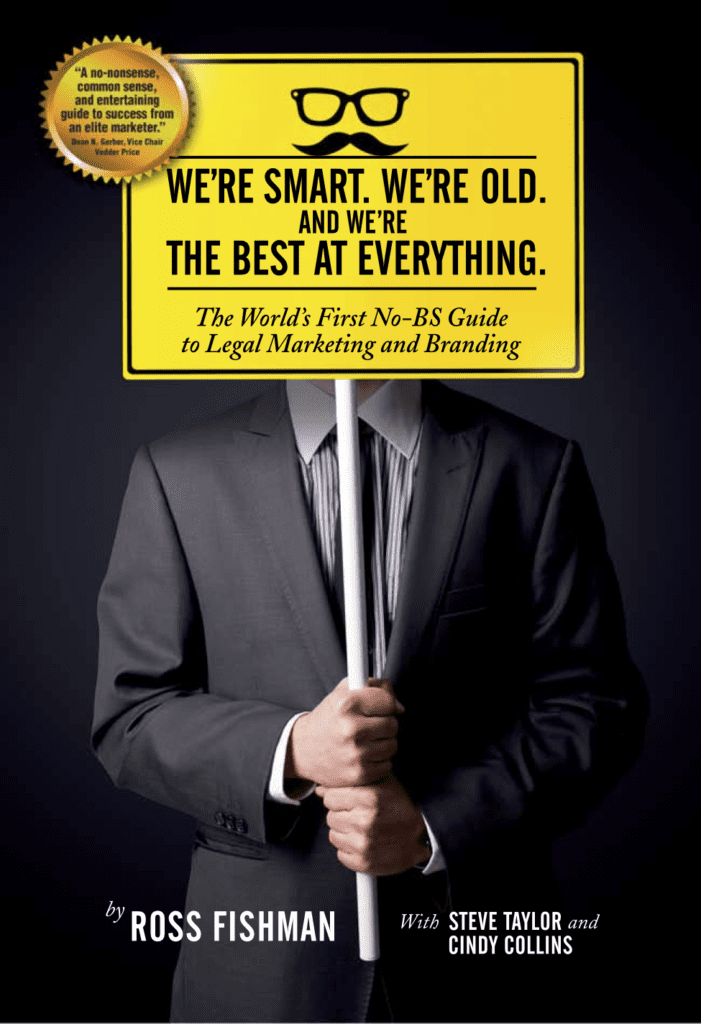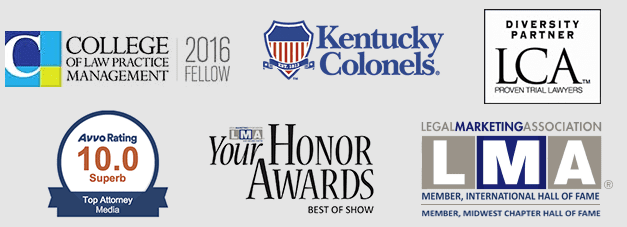Don’t just market more. Dominate something.
I’m going to disagree with the premise that marketing litigation is fundamentally different from any other type of practice (although litigators believe that they’re different). We’ve represented at least 50 litigation boutiques and practices, and I frequently hear the same complaint—that transactional lawyers can get consistent, repeat work from the same clients, but litigators can’t. They often complain “I just did a great job for XYZ Company, but they might never get sued again!”
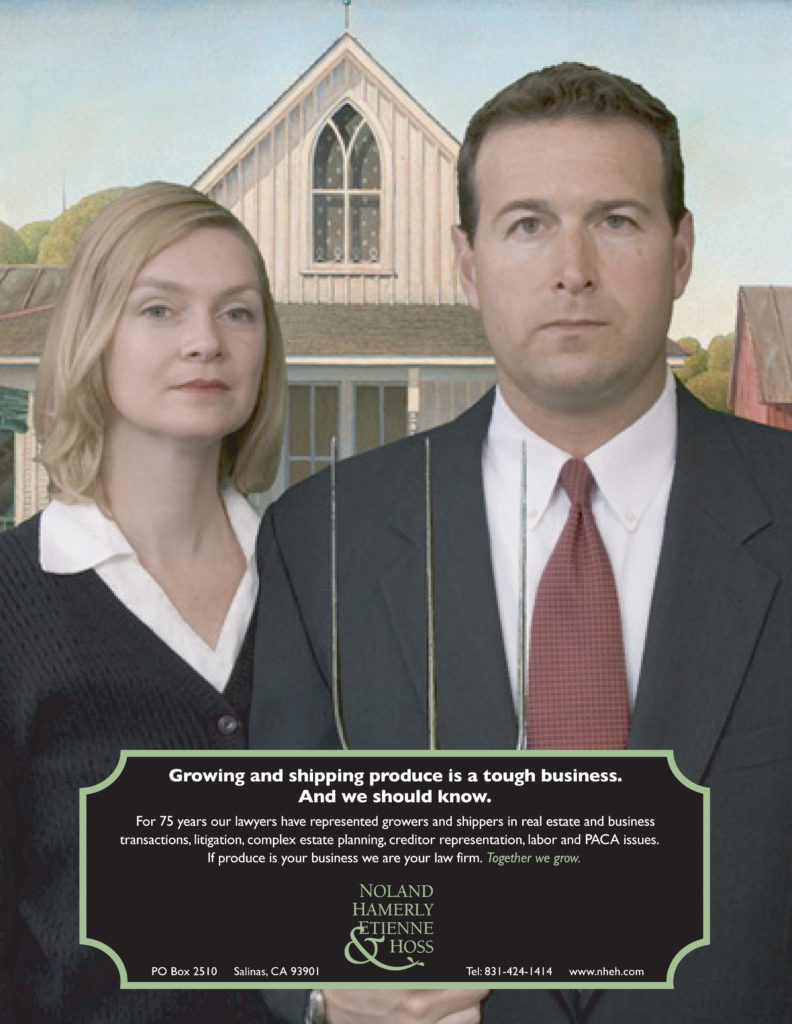
That’s true, there can be more opportunity for obvious repeat transactional business from a company that does a steady stream of similar deals. But I’ve found that for most litigators that’s really just an excuse. There are plenty of litigators with enormous, steady books of business, so it’s obviously possible.
Of course, some types of litigators also get regular work from a few big clients, but savvy clients know the value of this volume of work, so they tend to trade hourly rates for volume, like insurance-defense or low-end bank loan and leasing litigation.
Find your focus.
So, to litigators, litigation boutiques, and practices I advocate two basic things —
- Build a brand that distinguishes you, so you’re known for something. An approach, a style, AFAs, budgets, toughness, trial skills, creativity, problem-solving, value, efficiency… pick something credible and meaningful.
- Find a niche you can dominate, individually, as a practice group, or firm. Find one or more industries, sub-specialties, target audiences, organizations, etc.
The point is, traditional businesses don’t get sued very often. But you still need a steady stream of work from SOME target. That is, you can either get a lot of work from a few businesses (like transactional lawyers or insurance-defense litigators), or occasional work from a lot of targets. Because they never know what companies are going to get sued next week, litigators need to juggle a lot of different contacts.
Business development can become a numbers game.
And the most-efficient way to get in front of a high volume of different contacts (as I’ve been advocating for literally 25 years…), is a target industry or narrow market of some sort.
Think of it this way — it’s every consultant’s LMA-based strategy. For example, at Fishman Marketing we offer branding, websites, and marketing training for law firms. Firms don’t need a new brand or website very often and I don’t know when they’ll need one, so I need to stay in front of a LOT of law firm decision-makers so that every year I get calls from enough firms to stay busy.
I may need to touch hundreds, perhaps thousands of different people regularly enough that whenever they happen to need the services we provide, whether tomorrow or in ten years, enough of them remember me. That’s what makes LMA (or ALA, or the bar associations, etc.) an efficient target audience for consultants.
How to market a litigation practice:
It’s exactly the same with litigators. If they can’t land a single client that gets sued a lot, then they need to find some larger market segment or target audience that does and become the go-to lawyer (or firm) for a great many of them.
If you’ve picked the trade association or industry strategically, enough of these companies will get sued every year to keep your lawyers busy. It’s easier and more efficient for busy litigators to market to a single industry group than general “businesses,” particularly when you have no obvious differentiator that benefits that specific audience.
Become the go-to litigators for a small industry group or niche.
I’ve seen firms focus their marketing on small industries like agriculture, pest control, ship or railcar finance, freight forwarding, casinos, horses, pets, hand tools and appliances, fraternities and sororities, dam or bridge builders, police in taser cases, timber and forestry, prison construction, 3D printing, motorcycle injuries, hair transplants, injuries in hotel rooms, beer, restaurants, cannabis, logistics, Internet of Things (IoT), robotics, rental cars, pharmacies, and countless more.
Note, they’re not focusing their practice, just their marketing, for the sake of efficiency.
In marketing, a rifle shot is more effective and efficient than a scattershot approach.
Here’s a “Marketing Six Litigation Firms” blog post that might be helpful.
It shows how differently five seemingly similar litigation boutiques were marketed, including a really tough firm, an intellectually creative firm, a dynamic trial firm, a firm that parachutes in to handle 10-figure trials, and a PI firm that targets St Louis Catholics.
What’s your litigators’ message? What do they do different/better? Once you know that, you’ll know how to market them.
[This is a 2022 update to a previous post.]
—————————-
Need a new brand or niche practice for your own firm?
Contact Ross now at: ross [at] fishmanmarketing.com or +1.847.921.7677.
Download a free copy of his best-selling strategy and branding book, “We’re Smart. We’re Old. And We’re the Best at Everything.” here or buy an actual book on Amazon here.
Do your lawyers need marketing training or a dynamic speaker at a firm retreat, either live or via webinar? Ross is one of the legal profession’s most-popular marketing and CLE presenters. Here’s a link to a video of Ross in action.

